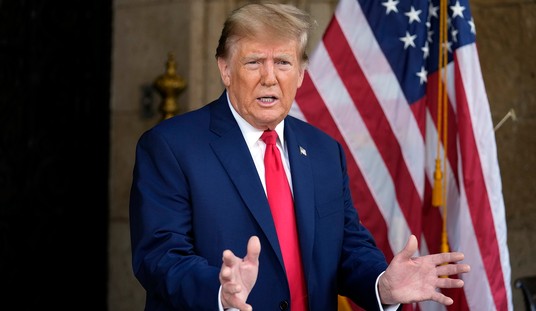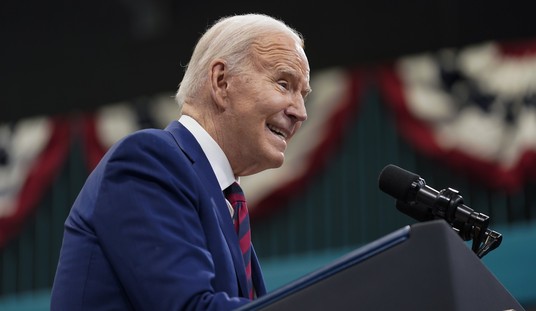The front page of the Washington Post Real Estate section promises a neighborhood that “has a home in every price range.”
Inside, though, we learn that “Sleepy Hollow includes everything from ‘starter houses’ costing around $600,000 to multimillion-dollar properties on acre-plus lots.”
In most of the country that would be considered the wealthy part of town, not a community with “a home in every price range.”
That’s part of the reason that more and more Americans see Washington, D.C., much like the Capitol in “The Hunger Games,” as a rich and powerful city increasingly isolated from the country whose production supports it.
The Census Bureau reported that between 2000 and 2012 median household incomes in the United States dropped 6.6% — from $55,030 to $51,371. But the income of the typical D.C. household rose 23.3% between 2000 and 2012 to an inflation-adjusted $66,583. Add in the suburbs, and the Washington area median income was $88,233.
A rising tide of government spending may be bad for the American economy, but it’s great for the Washington area. Washington is wealthy and getting wealthier, despite the very slow recovery in most of the country. Seven of the ten richest counties in America, including the top three, are in the Washington area. That partly reflects the fact that federal employees make substantially more money than private-sector employees. And it also reflects the boom in lobbying and contracting as government comes to claim and redistribute more of the wealth produced in all those other metropolitan areas.
Money spent in Washington, as with most national capitals, is taken from the people who produced it all over America. Washington produces little real value on its own. National defense and courts are essential to our freedom and prosperity, but that’s a small part of what the federal government does these days. Most federal activity involves taking money from some people, giving it to others, and keeping a big chunk as a transaction fee.
Recommended
In most of the country actual wealth is created – food, energy, software, automobiles, financial services, capital allocation, movies and television, medicine -- but Washington’s economy is based on the confiscation and transfer of wealth produced elsewhere. As such, Washington’s wealth is a net loss for economic growth in the country.
Every business and interest group in society has an office in Washington devoted to getting some of the $4 trillion federal budget for itself: senior citizens, farmers, veterans, teachers, social workers, oil companies, labor unions, the military-industrial complex—you name it. The massive spending increases of the Bush-Obama years have created a lot of well-off people in Washington. Consulting and contracting exploded after 9/11. New regulatory burdens, notably from Obamacare and the Dodd-Frank financial regulation bill, are generating jobs in the lobbying and regulatory compliance business.
Walk down K Street, the heart of Washington’s lobbying industry, and look at the directories in the office buildings. They’re full of lobbyists and associations that are in Washington, for one reason: because, as Willie Sutton said about why he robbed banks, “That’s where the money is.”
Business people know that you have to invest to make money. Businesses invest in factories, labor, research and development, marketing, and all the other processes that bring goods to consumers and, they hope, lead to profits. They also invest in political processes that may yield profits.
If more money can be made by investing in Washington than by drilling another oil well, money will be spent there.
Nobel laureate F. A. Hayek explained the process many years ago in his prophetic book “The Road to Serfdom”: “As the coercive power of the state will alone decide who is to have what, the only power worth having will be a share in the exercise of this directing power.”
As the size and power of government increase, we can expect more of society’s resources to be directed toward influencing government. That’s good for Washington homeowners, but it’s not good for economic growth across the country.

























Join the conversation as a VIP Member